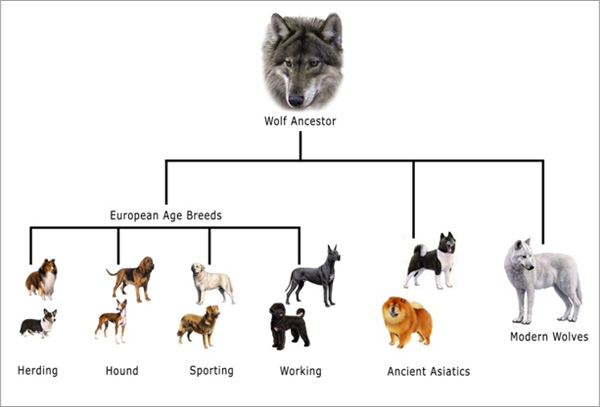Carbohydrate rich diets, especially refined carbohydrates, have been linked to higher rates of colon cancer in the developed world, when compared to developing nations. A new report in the journal Cell, provides insight into how this might come to be. Science News explains:
To probe the link between colon tumors and gut microbes, the researchers treated mice engineered to be prone to colon cancer with antibiotics. By eradicating intestinal bacteria, the drugs hindered malignant lumps of cells called polyps from growing in the lining of the colon and small intestines. The team then noticed that feeding the rodents a diet low in sugar and starch also reduced the growth of polyps.
The mice had two gene mutations often linked to colon cancer in people,one of which derails a cell’s ability to fix errors that arise during DNA replication, known as the mismatch DNA repair system.
A mismatch repair deficiency causes cells in the lining of the colon to divide quickly, explains study leader Alberto Martin, an immunologist at the University of Toronto. Bacteria and carbs speed the process, he says, damaging the genome and leading to tumor growth.
The researchers surmised that when microbes feast on carbohydrates, the germs must produce a chemical that pushes colon cells lacking the ability to repair DNA mismatches toward uncontrollably multiplying into tumors.
The researchers discovered that gut bacteria process carbohydrates into butyrate, which can induce cancer in APCMin/+MSH2−/− mice by allowing cancerous MSH2−/−cells to proliferate uncontrollably in the colon.

